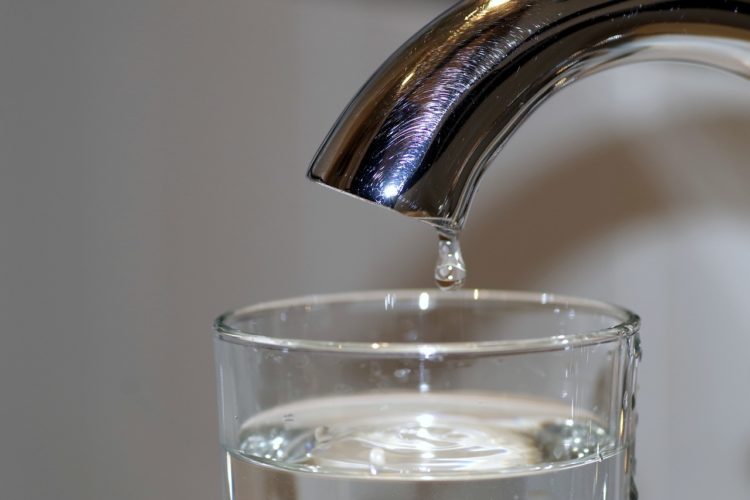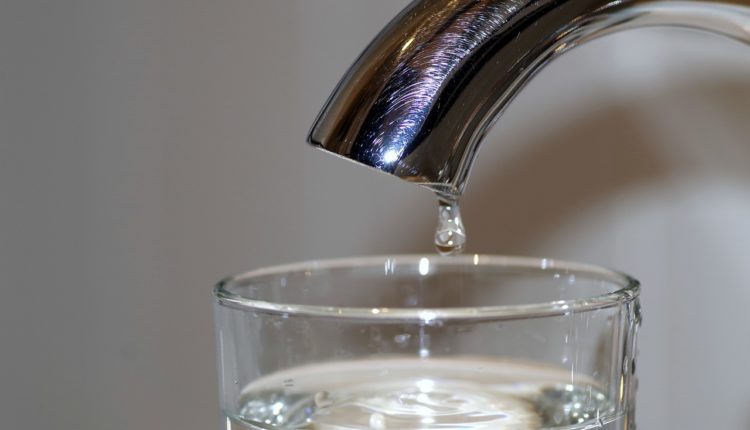Firms who fail to provide drinking water are ‘breaking the law’
James Barker from Merseyside law firm Kirwans said it is vital for employers to provide drinking water for their workers to comply with health and safety laws

Employers who don’t make clean drinking water and containers available to their employees during the warm weather may not realise they are breaking the law, a Merseyside solicitor says.
James Barker from law firm Kirwans said that throughout the year, but particularly as the weather heats up, it is vital for employers to provide drinking water for their workers in order to comply with the Workplace (Health, Safety and Welfare) Regulations 1992.
The legislation sets out that employers must provide basic welfare rights, such as drinking water, to employees – a requirement that some employers still aren’t aware exists, according to James.
He said: “Making clean and wholesome drinking water readily accessible to employees is an absolute must at any time of the year, but in the summer it becomes crucial. The regulations state that an ‘adequate supply of wholesome drinking water’ must be provided.
“This takes into account the temperature of the working environment and types of work activity, and that it must be readily available at suitable and clearly marked places, either with a supply of suitable cups or as a drinking fountain.
“It must also be free from contamination and preferably from the public water supply, although water dispensers are considered acceptable as a secondary supply.”
Drinking water does not have to be marked unless there is a significant risk of people drinking non-drinking water. Hydration in the workplace has been identified as having a tangible effect on productivity, with studies showing that dehydration reflected in a 1-2% reduction in body weight can reduce our ability to concentrate, our cognitive and physical performance, and increase feelings of aggression or irritation.
The European Food Safety Authority (EFSA) recommends that men take in 2.5 litres of water per day through food and drink consumption, while women are advised to consume two litres of water per day. Between 70-80% of the daily water intake should come from drinks.

